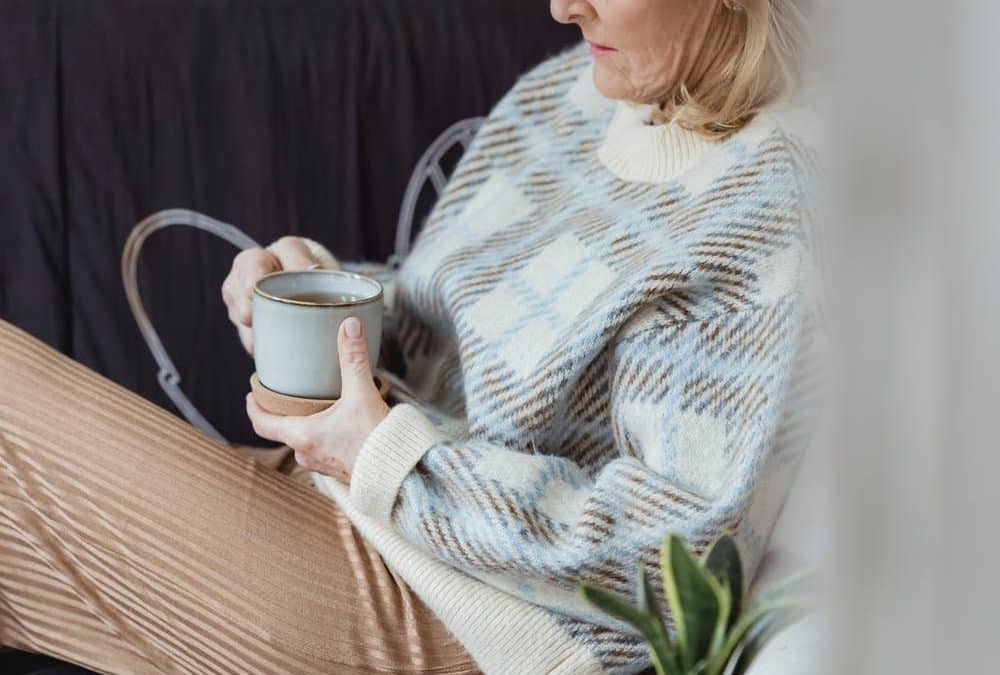It is quite common for elderly individuals to suffer from clinical depression. Approximately 6 million people in the U.S. 65 years of age or older suffer from depression. However, only 10% of these individuals will receive treatment for their depression. This is problematic since depression can result in more serious health issues, particularly in older people.
Depression is different in the elderly than in younger people
The elderly experience depression differently than younger individuals. Many times, depression is accompanied by disabilities and other illnesses, making depression more likely to be overlooked. Depression can also last longer for older people.
It has been shown that depression in the elderly is correlated with the risk of suffering from heart disease. Older people who suffer from depression are more likely to die from illnesses. This is because depression can hinder an elderly person’s ability to heal. Also, death from heart attacks is more likely when an elderly person is depressed.
Insomnia and depression among the elderly
One of the most common symptoms of depression among older people is insomnia. Also, insomnia can be the cause of the elderly experiencing returning depression as well as new bouts of depression. It is advisable to avoid treating insomnia among the elderly with benzodiazepines, such as Xanax and Klonopin, suggested by the American Geriatric Society. These types of drugs increase the risk of falls brought on by impaired alertness. They can also cause respiratory depression.
How to treat depression in older people
There are several different methods available for treating the elderly suffering from depression. One option is psychotherapy or counseling. In some cases, medication may be the best solution for treatment in older people. You may even want to consider electroconvulsive therapy or other methods of brain stimulation. Many times, a combination of different types of treatments will be necessary.
Can antidepressants help the elderly with depression?
Antidepressant medications have been shown to be helpful for depression among elderly as well as younger people. However, studies have discovered that antidepressants may be less effective for older people. Also, the side effects of many antidepressants can be riskier for older people. Therefore, this should be taken into consideration when deciding which medications should be taken to help older people deal with depression.
For many older people, some antidepressants can make them feel sedated and result in confusion. Also, antidepressants can cause fast drops in blood pressure if an older person
stands up too quickly. These types of side effects can result in the elderly person falling and seriously injuring himself or herself.
The stigma of mental illness
There has always been a certain amount of stigma attached to mental illness. Although this has been improving with time, older people still attach a stigma to and feel more shame over their struggles with depression than younger people. This can keep many elderly from seeking treatment that they desperately need.
Do not delay treatment
Since depression is significantly riskier and more harmful for older people, if you are caring for an elderly person that you suspect may be suffering from depression, you should not delay in exploring the need for appropriate treatment. If you yourself are an elderly person who is depressed, do take action, and seek help before more serious health issues arise.
The information has been obtained from sources considered to be reliable, but we do not guarantee that the foregoing material is accurate or complete. Any opinions are those of the author and not necessarily those of Raymond James. Expressions of opinion are as of this date and are subject to change without notice.

